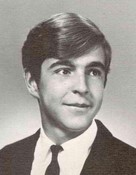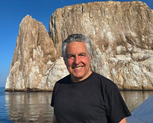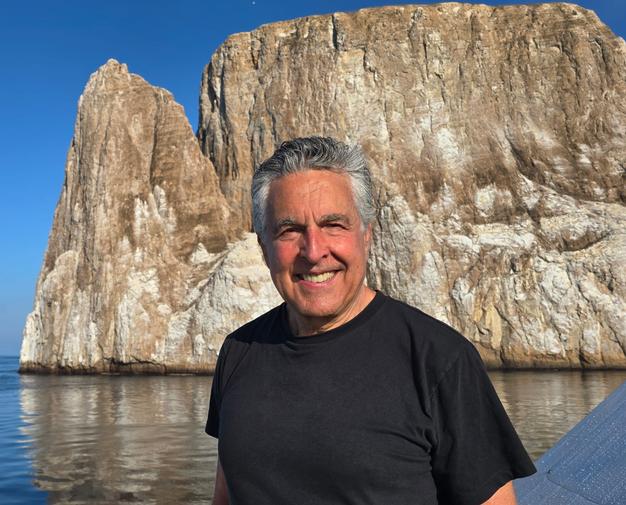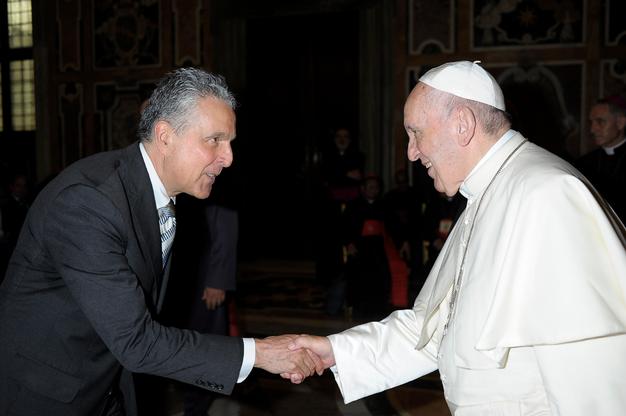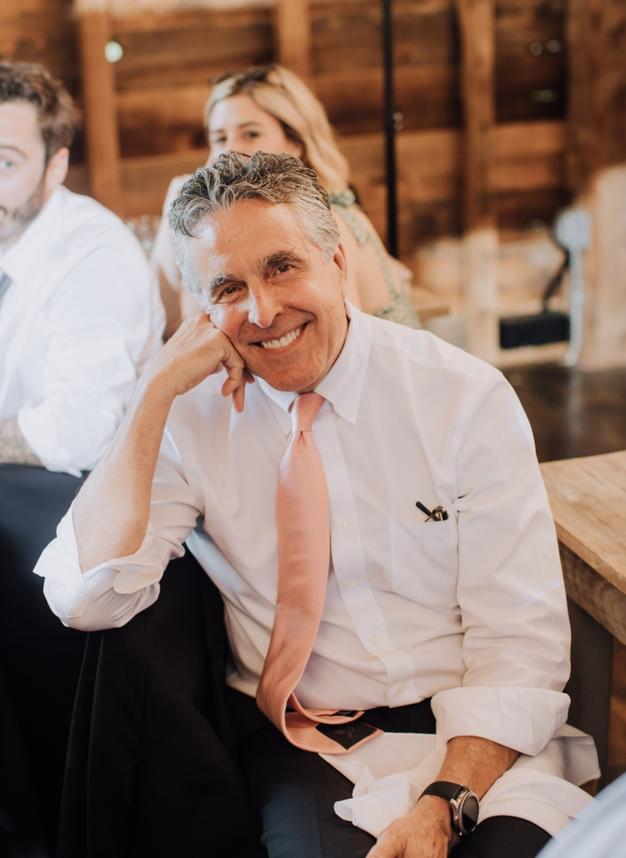Comments:
I graduated early from Paly to work in Sequoia National Park in the Sierra Nevada mountains of California so I lost contact with many of my Paly friends earlier than most. Following graduation, I studied environmental issues and French language and literature at the University of California at Berkeley. I spent my junior year in France and lived in Pau and Paris, where I worked as a bartender in the evenings. Seeing the world from outside of the U.S. was a highly politicizing experience and I came back to Berkeley ready to foment revolution! I took a year or two off of school to co-found the ‘Peoples Translation Service’ – a political cooperative that focused on raising the awareness of the U.S. public to what was happening around the world, and the role of the U.S. in these events. We translated progressive news from around the world into English for the U.S. media – information and perspectives that were not being featured in the U.S. press at the time.
I completed a dual undergraduate degree at UC Berkeley in French Literature and the Conservation of Natural Resources. In the final quarters of my time there I became fascinated by evolutionary biology as a result of courses with an inspiring professor, Dr. Herbert Baker, and I decided to pursue an advanced degree in the study of evolution. To do this, I had to make up for basic science courses that I had not taken at UC Berkeley, so I spent a year at San Diego State University taking physics, organic chemistry, statistics, etc. and then began my Ph.D. studies at the University of California at Davis in the Agronomy Department and the Genetics Group. My research focused on the evolutionary biology of a rare native California plant family called Limnanthes and I explored questions about the evolution of mating systems in plants, the genetic structure of this plant group, and the role of genetic variability in evolution and in conservation. Although this work is highly relevant to what I am currently doing at the United Nations on the conservation and sustainable use of biodiversity, the term ‘biodiversity’ had not yet been coined when I was doing this research.
While I was a graduate student, I was an active community organizer in Davis around hunger eradication, poverty reduction and human rights issues. Even before completing my studies and research I began work at The Hunger Project, an international NGO focused on mobilizing citizens in countries around the world to prioritize the eradication of hunger. With colleagues, I helped establish the global headquarters of the organization in New York in 1983 and was responsible for strategic initiatives and ending hunger initiatives in Africa and India.
Then in late 1991 I joined the United Nations Development Programme (UNDP) to bring the Global Environment Facility (GEF) – the largest environmental funding initiative in the world – into existence in UNDP. The GEF was established to forge international cooperation and finance actions to address critical threats to the global environment and it provides grants to support projects in the areas of biodiversity, climate change, international waters, land degradation, the phase-out of ozone depleting substances, and persistent organic pollutants. In my first years, I focused on GEF initiatives throughout Africa, and in particular on biodiversity conservation and climate change mitigation projects and programs. Later I became responsible for GEF policy and programming for UNDP.
I was with UNDP until 2018 working on a wide range of global environmental issues and have greatly enjoyed the diversity of challenges over these years working throughout the developing world. Among other activities, I founded the Equator Initiative (www.equatorinitiative.org) to support local communities in the Equatorial Belt who are finding innovative ways to reduce poverty and protect their biological resources. I also co-founded the UN REDD Programme (www.un-redd.org) to help developing countries prevent the rampant deforestation that is undermining their livelihoods, their ecosystems and natural resources and is contributing a significant proportion of the greenhouse gases that are causing climate change. ‘REDD’ (which stands for ‘reducing emissions from deforestation and forest degradation in developing countries) is a promising areas for progress in the climate change negotiations. In 2014, I coordinated the creation of the New York Declaration on Forests (www.forestdeclaration.org), a powerful international multisector coalition of dozens of countries, companies, NGOs and indigenous peoples groups to stop deforestation.
More recently, since 2018 to 2022, I joined the UN Environment Programme (UNEP) as a consultant and I brought into existence and have overseen the Interfaith Rainforest Initiative (IRI) (www.interfaithrainforest.org) to engage religious leaders and faith communities around the world in protecting tropical rainforests and the rights of indigenous peoples who are their guardians as a critical contribution to combatting climate change. In this capacity I focus on work in Brazil, Colombia, Peru, Indonesia and the Democratic Republic of Congo (DRC).
One of the most important changes in my life came in 1973 with the understanding that eating more plants and less meat was one of the most important things I could do to reduce my impact on the climate, forests and animals of the world. Since then, I stopped eating meat and in 2006 I cut out all animal products from my diet. I didn't realize the tremendously positive health benefits that also come along with a fully plant-based or vegan diet! It is now clear that we can't solve the climate crisis without transforming the food system, and a key component of such a transformation is all of us shifting from eating animals to plants.
I am grateful for the quality of education I received at Paly since I feel it prepared me well for my subsequent career.
I met my wife Joan Falkenberg, while at UC Berkeley and we enjoyed 35 years together. Sadly, Joan passed away due to liver cancer in September 2011. When not in New York City or travelling around the world, I enjoy spending more and more time at the house that Joan built on Bowen Island off the coast of Vancouver, BC, Canada.
See LinkedIn for more information: https://www.linkedin.com/in/charles-ian-mcneill/
CV: www.charlesmcneill.org
